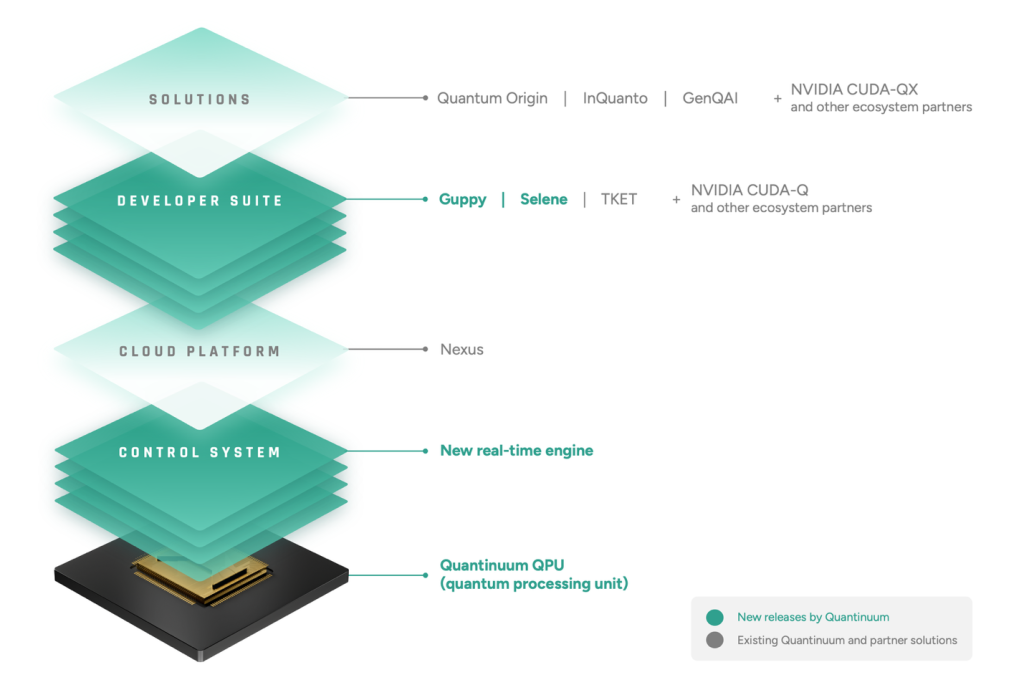Modern management refers to a new way of running an organization. Instead of relying on private networks for data centers, it makes remote work painless, while bringing exciting benefits that reduce costs, increase security, and delight employees. Mobile Mentor has spearheaded the move to modern management with services that include assessment, implementation, and managed services. Learn more about the benefits of modern management and how it can improve your enterprise’s performance. And be sure to join our free webinar series on the topic!
Modern management encompasses a variety of technologies and applications, including mobile and legacy desktops. It focuses on providing enhanced security and awareness to IT departments. It also promotes transformational connectivity, empowering both full-time employees and contractors on the go. Modern management is a way to manage these diverse devices while maintaining secure and streamlined IT policies. And it allows you to use a variety of technologies and platforms in a single, consistent way.
Modern management theory was introduced in the 1950s. It focuses on the development of people and organizations, and emphasizes the importance of a systemic approach to management. These theories combine classical and social science concepts, such as evolutionary psychology and game theory, and emphasize a variety of factors, including employees’ needs and behaviors. In addition to promoting employee satisfaction, modern management aims to increase profitability. The basic concepts of modern management theory are:
In industrial age organizations, managers controlled the work of hired hands. In the post-industrial era, managers act more like facilitators, involving people in planning, coordinating, and executing work. They also listen more than provide one-way direction. As a result, traditional managerial functions are shared and delegated. In short, modern management embraces current needs. So, how do managers become more effective? Let’s take a look.
Traditionally, management has been described as a process of getting work done. However, this does not mean that it involves rigid control or mechanistic processes. Its exponents view management as a system of mathematical models and relationships. These techniques are not considered separate schools of management. In fact, they are often used in other disciplines, such as engineering and the physical sciences. Ultimately, modern management must behave more like a coach to be effective.
Planning is the most important function of management. The purpose of planning is to define goals and objectives in advance and develop alternatives for achieving them. Management also encompasses the four commonly accepted functions of management: planning, organizing, leading, and controlling. The five components of management are aimed at maximizing effectiveness and efficiency. Moreover, they are related to human beings. The social process of management refers to the management of people within a work group. The social aspect of management focuses on the development of people in a work environment, and motivating them to achieve their potential.
Modern management has evolved from the concept of “rational systems” that emphasizes logical processes. The concept of the rational system, which is a branch of management, considers the organization as a system comprised of interrelated subsystems. Another branch of management is scientific management, which analyzes work processes using rigorous science. This approach is called Taylorism, named after Frederick Winslow Taylor. This management style has become the preferred method in many organizations.




